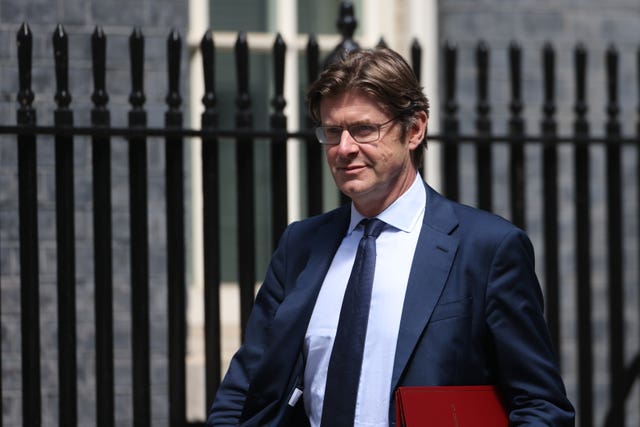Rent cap proposed by Government to protect social housing tenants as costs rise
Social housing tenants in England could be protected from spiralling rents during the cost-of-living crisis with a cap from next April.

Social housing tenants in England could be protected from spiralling rents during the cost-of-living crisis with a cap from next April, the Government has said.
Rent increases for people living in social homes could be capped as low as 3% during the next financial year, according to the Department for Levelling Up, Housing and Communities (DLUHC).
It has launched a consultation on a proposed rent cap in a bid to protect the country’s most vulnerable households.
The temporary cap could see annual rents capped at 3, 5 or 7% in the year from April 2023.
It is also seeking views on whether social rent rises between 2024-2025 should be limited.
Currently, social landlords can increase rents in line with the Consumer Prices Index (CPI) plus one percentage point.

The CPI is currently 10.1%, which means these could rise by at least 11.1% if inflation stays at or above this level in September.
A cap of 5% would save tenants on average £300 per year compared to the above scenario, DLUHC said.
The Government said it understands a cap would affect social housing landlords and said it is “engaging fully” with the sector.
Housing secretary Greg Clark said: “We must protect the most vulnerable households in these exceptional circumstances during the year ahead.
“Putting a cap on rent increases for social tenants offers security and stability to families across England.
“We know many people are worried about the months ahead. We want to hear from landlords and social tenants on how we can make this work and support the people that need it most.”
The consultation will run for six weeks and close on October 12.
A decision will be announced later this year, DLUHC said.
Separately, the Government has committed to reviewing its policy on social rents from 2025, with a public consultation due next year.
Lisa Nandy MP, Labour’s shadow levelling up, housing and communities secretary, said: “Too many families in social housing already face impossible choices between heating and eating.
“This is announcement is therefore welcome clarity that social renters shouldn’t be facing rent rises of 11% or more in just a few months’ time.
“But we urgently need clarity on how the shortfall will be funded because social landlords, including hard-pressed local councils, can’t be expected to take the hit.”
“There is also a huge hole in this plan to address the hundreds of thousands in the private rented sector who face a cost of living crisis.
“The incoming government must prevent homelessness emergency this winter, so we need to see a properly worked out plan to keep people in their homes across all tenancies, not half-baked ideas sent out to consultation.
“Labour is calling for emergency legislation to prevent evictions, alongside our fully funded energy bill freeze that will ensure no-one pays a penny more this winter.”
Councillor James Jamieson, chairman of the Local Government Association, and Kate Henderson, chief executive of the National Housing Federation, said they are “very concerned” about the impact of rising, living costs on tenants.
In a statement, they said: “We are glad to have the opportunity to respond to the Government’s consultation and will be talking to members over the coming weeks before responding in more detail.
“However, we are very concerned that a new cap on social housing rent increases will significantly impact on housing providers’ ability to provide critical services for residents and invest in new and existing homes.
“Decisions on the level of rent increases for tenants need to be made by housing providers within the existing Government rent policy commitment, ensuring that there is a careful balance between affordability for tenants and investment in the homes that they live in.”
They said the Government should provide additional funding if it decides to take forward a lower cap.





